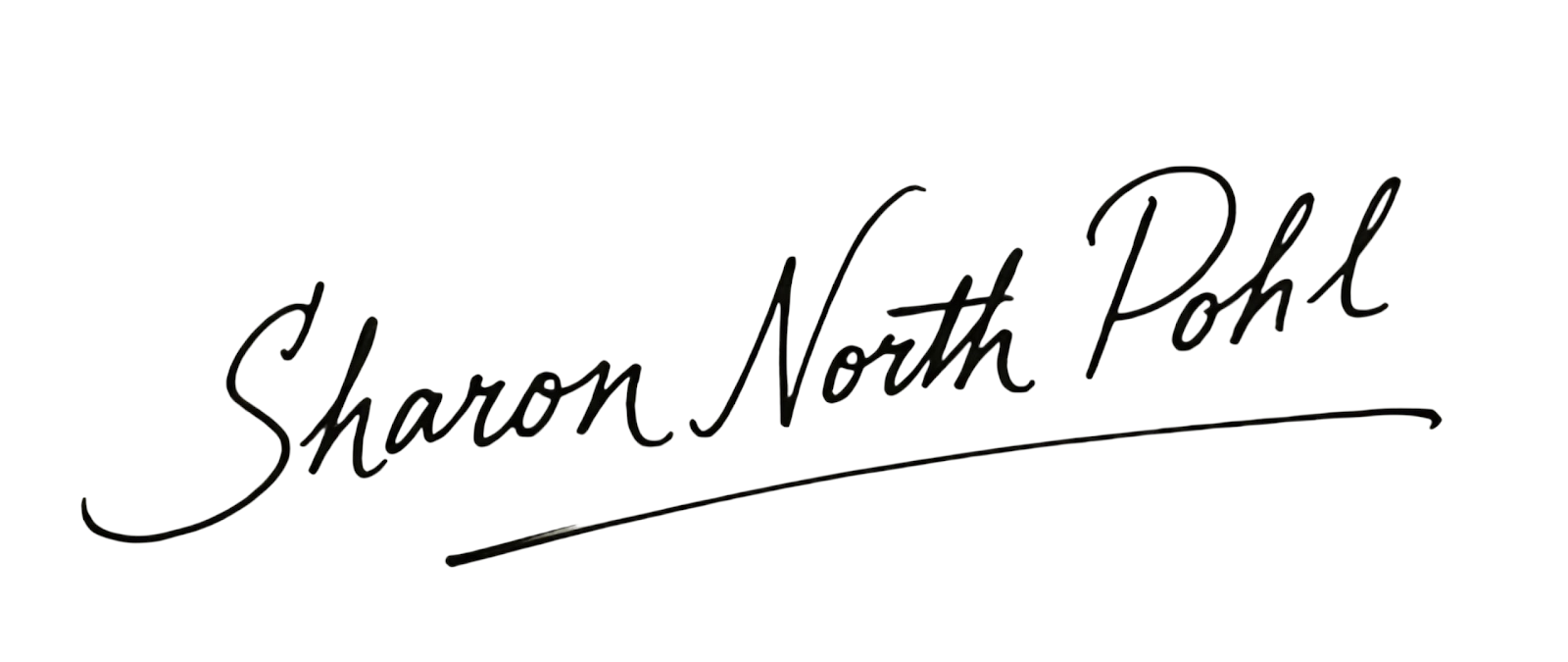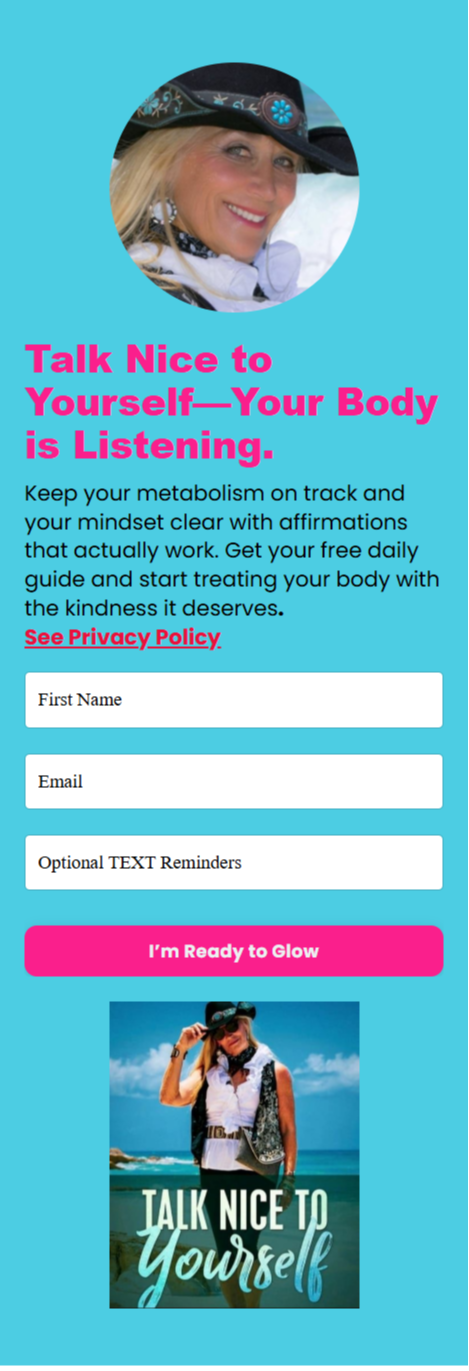The Ultimate Release: Finding Freedom in Letting Go

It was a cold, hard choice, one I made on a grey autumn day with my heart in my throat. I watched my daughter's tiny body wrapped snugly in a blanket, a perfect, new life I was about to give away.
Painful Good Byes
In that moment, the finality of my decision settled over me, a last act in a long line of goodbyes. My ranch, my horses, my marriage—all of them had become ghosts. But as I drove away from the hospital, it wasn’t just the miles between us that grew. It was the distance between who I was and who I was about to become.
Holding On to Grudges
For years, I believed resilience was about holding on. It was about gripping the reins, fighting the current, and proving I could withstand the storm. I fought my ex-husband for nine long, bitter years, a brutal, endless divorce that drained my savings and my spirit. In the end, I lost the ranch—the home I had built—as part of the settlement. I fought to keep my horses, my loyal, equine family, until I had to admit defeat and find them new homes. I even fought the memory of my father, a grudge I carried like a heavy shield since he kicked me out as a pregnant teen.
But the final act of giving my daughter up for adoption—the ultimate release of control—taught me the most profound lesson of all. Resilience isn’t about how tightly you can hold on. It’s about how gracefully you can let go.
This is the eighth lesson in my journey of resilience, the one that makes all the others possible. It’s the art of radical release.
The Grip of the Past
So many of us live with our fists clenched. We hold on to what was, what should have been, and what we wish we still had. We cling to the past versions of past dreams of ourselves: the successful rancher, the happily married wife, the young woman with a clear path ahead. We mistake this grip for strength. But it’s not. It’s a cage.
When I lost my ranch in the divorce, I didn't just lose a piece of land; I lost my identity. I was the woman who worked the soil, who knew the rhythm of the seasons, who could mend a fence and birth a foal. When that was gone, I felt unmoored. The resentment toward my ex wasn't just about the money; it was about the years I’d invested, the dreams we’d built, and the unfairness of it all.
Each fight was an attempt to reclaim something that was already lost.
And the grief of rehoming my horses? That was a gut punch. It felt like I was abandoning a part of my soul. Each goodbye was a confirmation of my failure. I wanted to hold on to them, to my old life, to the woman I once was.
But every single one of these moments was a lesson in disguise. I was learning the difference between holding on and being held captive.
From Clinging to Releasing
Letting go isn't about pretending something didn’t matter. It’s not about erasing the pain or denying the love you felt. It’s the opposite. It’s about acknowledging that it mattered deeply, that it shaped you, and that now, it’s over. It’s about grieving the end of a chapter without clinging to the ghost of it.
For a long time, the resentment I held for my father was the heaviest ghost of all. It was a weight I carried for over three decades, a story I replayed in my mind every time I felt wronged. He had hurt me, yes. He had made me a survivor long before I was ready.
But my unforgiveness was hurting me more. It was a poison I drank every day, expecting him to be the one to suffer.
The final act of releasing that bitterness came to me in an unexpected way. It wasn’t a dramatic confrontation or a tearful apology. It was a quiet moment of clarity.
I realized that the past couldn’t be changed, and my anger wasn't punishing him—it was only keeping me small and stuck. Letting go of the resentment wasn't about excusing his actions. It was about freeing myself from the emotional prison I had built.
The True Power of Forgiveness
This is where the real work of resilience begins. It’s in the quiet, deeply personal act of forgiveness. And for women in our fifties and beyond, navigating life’s great transitions, this isn’t just a nice idea—it’s a non-negotiable step toward freedom.
I used to think that forgiving my ex-husband was a way of letting him off the hook. I thought my anger was a righteous weapon, a way to hold him accountable for the wreckage of my life. For nine years, the legal battle was my arena, my stage for that rage. Every unreasonable offer, every demand, was fueled by a deep-seated belief that if I just fought hard enough, I could somehow make the injustice right.
But the truth is, resentment is like drinking poison and expecting the other person to die. The more I clung to my anger, the more it consumed me. It affected my sleep, it clouded my judgment, and it made it impossible to see a future that wasn’t defined by the past.
The victory I sought in our negotiations was hollow because the real battle was happening inside of me. I was losing myself to a narrative of victimhood, and that story had a powerful grip.
So I had to learn a new kind of forgiveness. It wasn't about forgetting. I will never forget the years of struggle or the pain of losing my ranch and home . Forgiving is about remembering without the anger. It’s about releasing the power the wrongdoing has over you. It's about taking back control of your own emotional life.
This didn't happen overnight. It was a slow, deliberate journey. I started with small acts. Instead of replaying a particularly nasty email from my ex, I would intentionally stop the thought and redirect it. I journaled about the pain, not to stew in it, but to get it out of my body and onto the page. I began to practice radical self-compassion, asking myself, "What do I need right now?" instead of "What did he do to me?"
Over time, I learned that forgiveness is not a one-time event; it’s a practice. A muscle you strengthen every day. It means acknowledging the hurt, allowing yourself to feel it without judgment, and then consciously choosing to release it. It's not for them; it's for you.
Forgiveness is the ultimate act of self-care. It’s about prioritizing your peace and your future over holding on to a grudge.
From Battleground to Open Road
The divorce was my long, grueling battle, and the horses were the casualties. The grief was profound. I still ache for the feel of a horse’s velvet nose against my hand, the quiet comfort of the barn in the early morning light. Rehoming them felt like a betrayal. But in the quiet moments after the storm, I realized something. They had taught me about trust, about unconditional love, and about living in the present. They had prepared me for this moment, for this journey of letting go.
And my father. The first great wound. The man who taught me that my worth was conditional. Forgiving him was the hardest and most liberating act of all. It wasn’t a grand gesture or a conversation; it was a quiet, internal release. I finally saw him not just as the man who hurt me, but as a man who was limited by his own fears and broken by his own upbringing. My forgiveness didn’t absolve him. It set me free. It meant that I could finally stop letting his past actions dictate my present happiness.
The ultimate Release
When I left the hospital that day, I wasn’t just saying goodbye to a child. I was saying goodbye to my role as her mother. It was one of my great first acts of the final release, a defining act of letting go of the past and stepping into the future. That was when I got my first painful lesson: the true meaning of resilience. It's not about being unbreakable; it's about being flexible. It’s about understanding that every ending is an invitation to a new beginning.
It's about Your Journey
So, my sisters, if you’re standing at the edge of a painful ending—a career change, a divorce, a move, a new chapter you never expected—I want you to know this: you have already learned how to hold on. Now, it's time to learn how to let go. This is the ultimate resilience test. It’s about taking that deep breath, unclasping your fist, and trusting that when you release what was, you create space for what is to come.
Your next chapter is waiting. Are you ready to open the book?
You are Just One Zesty Change Away
Your Zesty Friend,




